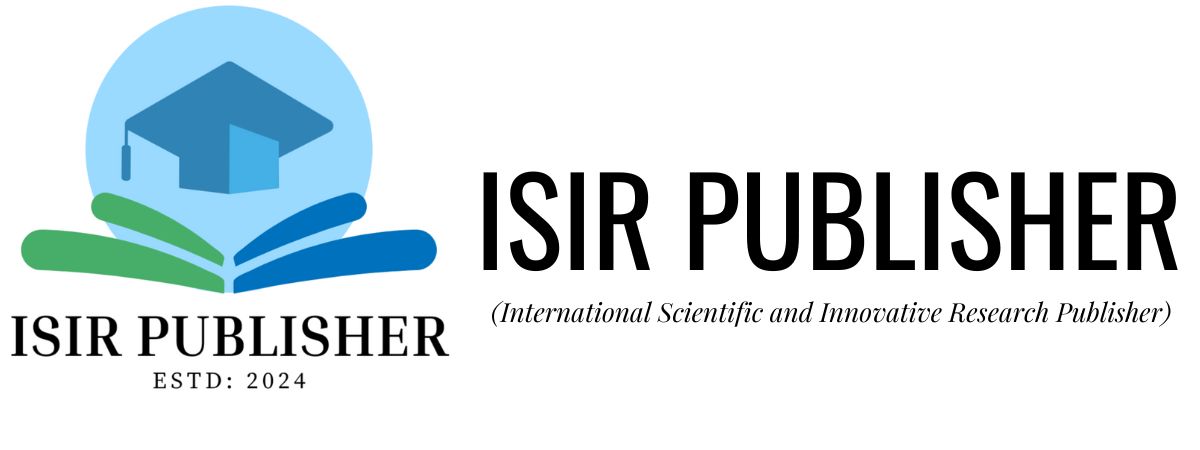It employs both statistical and deep learning methods to analyze how organizational culture training hours, in particular and company type impacts employee loyalty and performance. The variables company_type, training_hours, experience, last_new_job and target were analyzed using the Kaggle HR Analytics dataset. Public sector employees demonstrated higher commitment, whereas training hours were shown to be negatively related with job-switching behavior using traditional techniques such as correlation, logistic regression and multiple regression. Regression models’ limitations were underscored by their weak performance in predicting continuous outcomes such as employee experience. A Deep Neural Network (DNN) was employed to resolve this and enhance prediction accuracy. It had a classification accuracy of 99.48%, precision of 99.34%, recall of 99.63% and F1-score of 99.49% for predicting employee loyalty. Exceptional performance was achieved by the DNN. It surpassed linear models in regression with a prediction of employee experience at an MAE of 0.58, RMSE of 0.77 and R2 score of 0.91. These findings support the effectiveness of integrating deep learning in HRM models. Powered by cultural inputs, this blended approach provides HR professionals with a robust predictive framework to identify potential attrition and performance patterns. It contributes to a scalable, data-driven HRM practice that provides accuracy and interpretability and embraces rich behavioral complexity and goes beyond linear relationships.
Keywords: Organizational Culture, Employee Performance Loyalty, Human Resource Management (HRM), Training Hours, Company Type.

